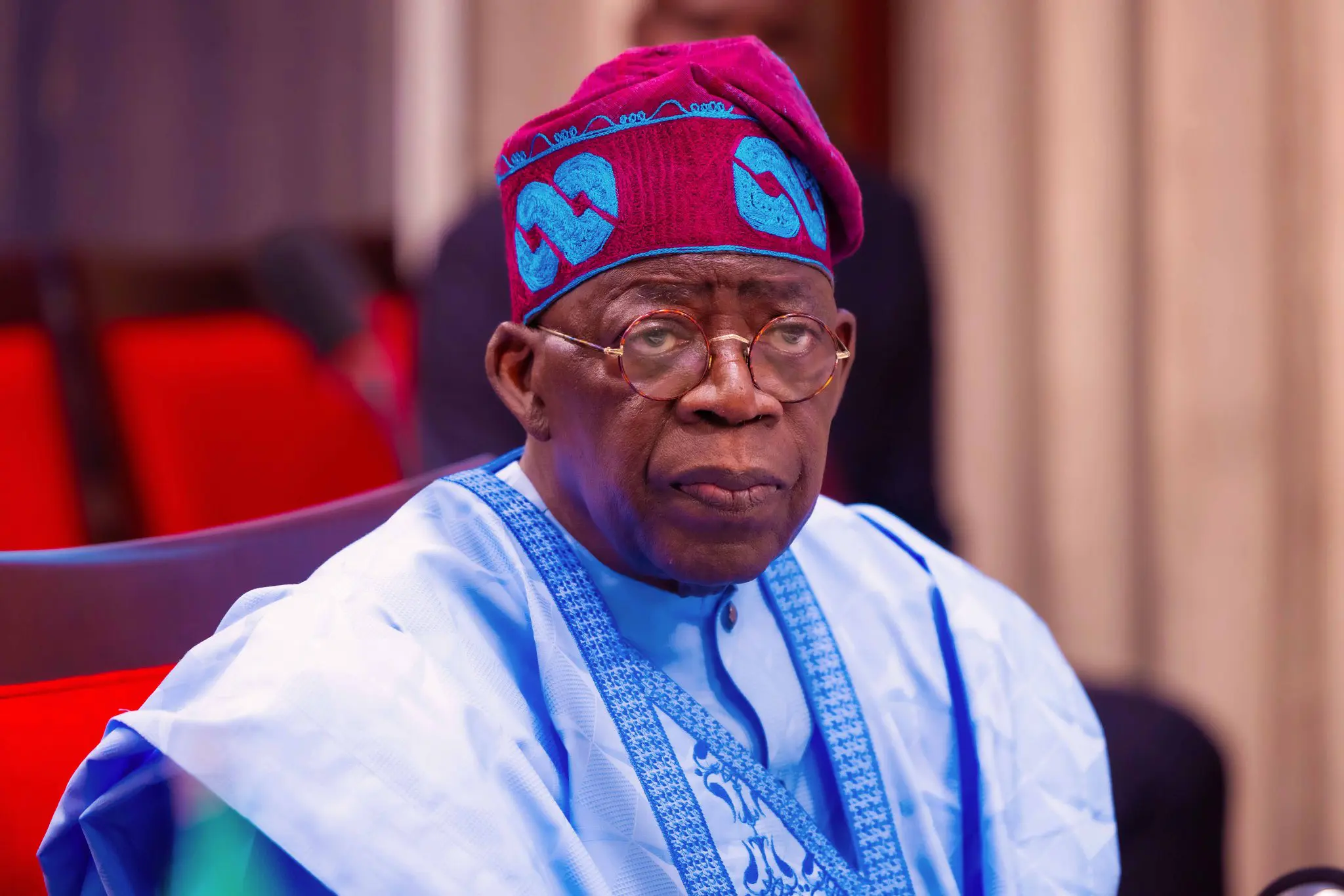Amnesty International decries Tinubu’s failure to uphold human rights in Nigeria

After six months in office as Nigeria’s president, Bola Tinubu has failed to uphold human rights in the country, Amnesty International said Wednesday.
The International human rights body said this at a public presentation of a document titled, “Nigeria: Human Rights Agenda 2023,” in Abuja.
The document details various areas of human rights violations in Nigeria.
“Tinubu unveiled new government policies that do not address rampant human rights violations across the country,” a press statement issued at the launch of the human rights agenda said.
However, the organisation said President Tinubu has the chance to ensure that everyone enjoys their human rights.
It urged the president to “hold perpetrators of past rights violations to account.”
In an opening statement, Isa Sanusi, country director, Amnesty International Nigeria, said it was imperative to set an agenda for the Tinubu-led administration in the area of human rights protection.
Mr Sanusi disclosed that copies of the agenda had been sent to President Tinubu and other top government functionaries with a view to helping them chart a new course of action against rights violations.
“We implore the government to make human rights protection its priority by ensuring that everyone Nigerian’s rights are protected, and that perpetrators of rights breaches do not go unpunished.
“We appeal to the government to study the document and come up with a plan on how to implement it,” Mr Sanusi.
In a similar tone, Auwal Rafsanjani, board chairman, Amnesty International Nigeria, said the human rights body was not “anti-government,” but opposed to egregious rights violations that are rampant in the country.
Mr Rafsanjani urged the government to prevent rights violations, and “if they occur, the government must investigate and bring perpetrators to justice.”
Highlighting Nigerians’ right to life, freedom of expression and freedom of assembly among others, Mr Rafsanjani decried the worsening economic status of the citizens, a situation he blamed on political corruption.
Police speak
Speaking at the event, a representative of the Inspector-General of Police, Kunle Olasunkami, said the Nigeria police remains the country’s foremost human rights protector.
But, Mr Olasunkami’s claim conflicts with available records of widespread human rights abuses committed by police personnel across Nigeria.
Mr Olasunkami, a police commissioner, acknowledged the efforts of AI Nigeria in advancing human rights in the country.
He, however, lamented that the police operatives are equally victims of rights violations, with no fighting for the enforcement of such rights.
The police officer pointed at the incessant killings of police officers in Nigeria’s southeastern region, and their disenfranchisement during elections.
‘Nigeria: Human rights agenda 2023’
The document pinpointed the rights to freedom of expression and media freedom, saying they are “routinely violated.”
Referencing instances where security forces threaten, arrest and detain journalists and human rights defenders, Amnesty International, said during Nigeria’s recent general elections, at least 42 journalists were “attacked, harassed, beaten or denied access to cover the elections.”
It advised the government to conduct a thorough and impartial investigation into the counterinsurgency operations executed by the Nigerian military in the North-east.
EndSARS
Concerning the 20 October 2020 EndSARS protests that rocked Nigeria, especially Lagos, the document called on the government to implement findings of the investigative panels on the killings of peaceful protesters by the military and police at Lekki Tollgate.
The organisation said the killing of civilians in Southern Kaduna has gone on for years without being addressed.
Similarly, it highlighted the “perennial violent clashes between farming and herding communities” in some regions in Nigeria. Attacks in Benue and Plateau states have claimed many lives.
Banditry in Nigeria’s Zamfara and Katsina states, both in North-west Nigeria, and rising insecurity in the South-east, featured prominently in the agenda, with a call on the government to tackle it.
“The Nigerian authorities have failed to address rising cost of living triggered by the removal of fuel subsidy and increasing taxation amidst unprecedented inflation,” the document said, among several other issues.
The event was graced by the Executive Secretary of the National Human Rights Commission, Tony Ojukwu; human rights activist and former senator Shehu Sani; and Omoyele Sowore, a human rights campaigner and pro-democracy activist.
In their separate remarks, they condemned instances of rights violations by both state and non-state actors in Nigeria; calling on the government to bring perpetrators to book.
Highlight
A highlight of the occasion was a video screening produced by Michael Christian, a staff member of Amnesty International Nigeria.
The video chronicled cases of human rights violations ranging from abductions and outright killings of civilians. It highlights the plight of families of enforced disappearance like Abubakar Idris widely known as Dadiyata.
Dadiyata, a fierce government critic was kidnapped from his home at midnight by gunmen believed to be state agents in Kaduna on 2 August 2019. He is yet to return for over four years.
culled from Premium Times Nigeria

